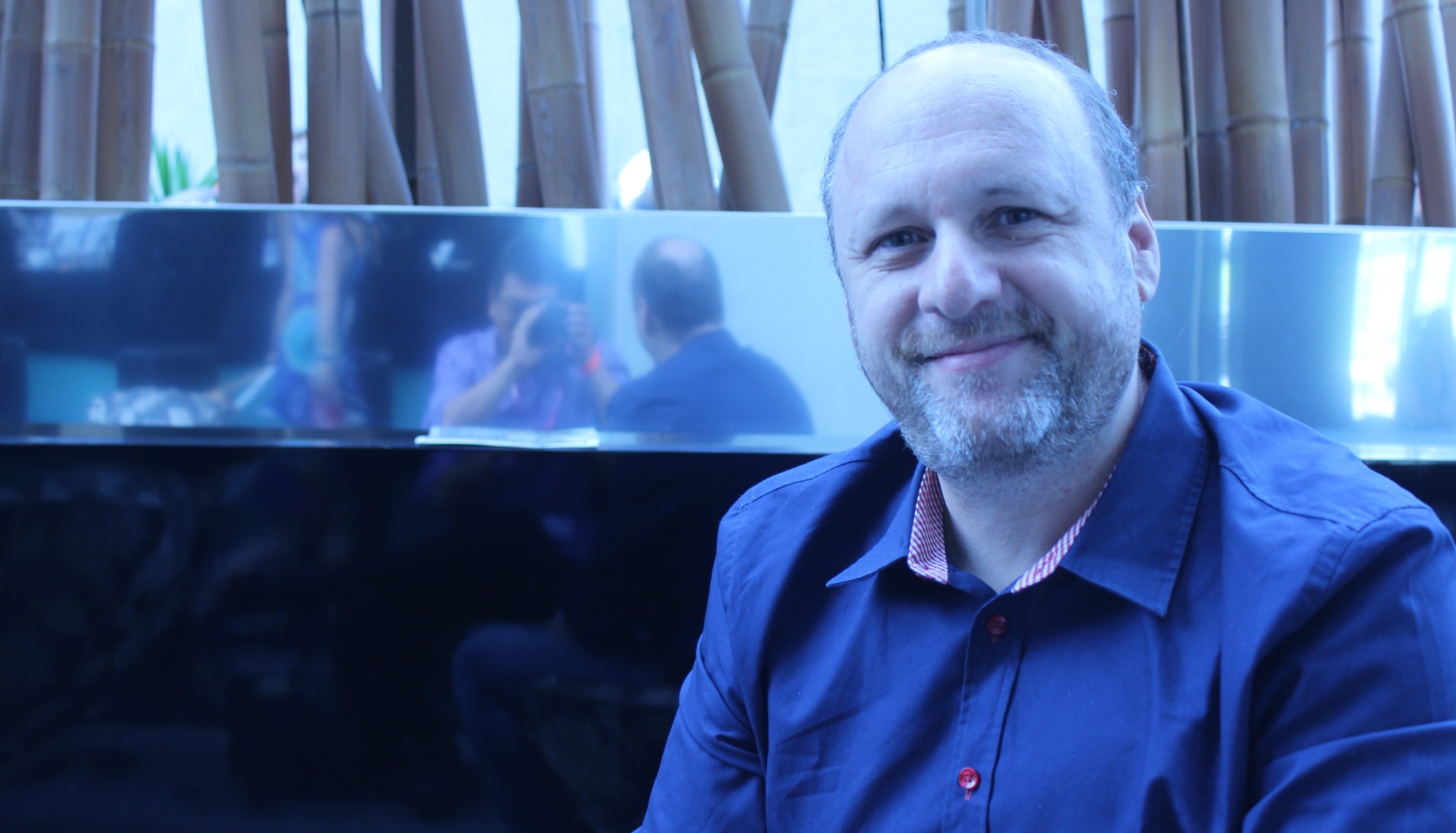Quantic Dream has had a couple of years of nightmare publicity surrounding its alleged “toxic culture.” From the company’s perspective, the French game studio has been the victim of unjust slander perpetrated by sensationalist media outlets. And from the perspective of a few French journalists and one of its accusers, it’s the company’s leadership that’s the problem.
That’s a sad state of affairs for the Parisian game studio that David Cage and Guillaume de Foundaumiere lead. Their company has won 250 awards for games since its founding in 1997. Quantic Dream has created deeply emotional stories that elevate video games to an art form, such as The Nomad Soul, Fahrenheit, Heavy Rain, Beyond: Two Souls, and Detroit: Become Human. On the strength of that history, NetEase invested in Quantic Dream earlier this year, and the studio announced it would move beyond Sony’s PlayStation consoles to self-publish games on different game platforms.

Unlock premium content and VIP community perks with GB M A X!
Join now to enjoy our free and premium membership perks.
![]()

![]()